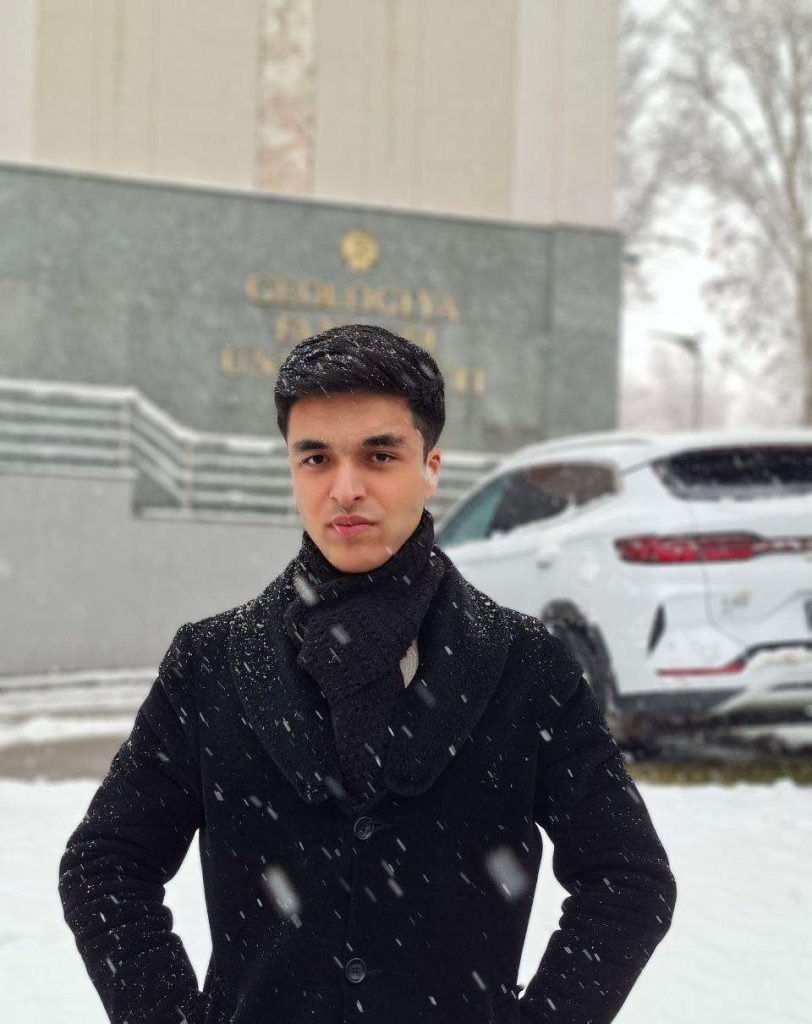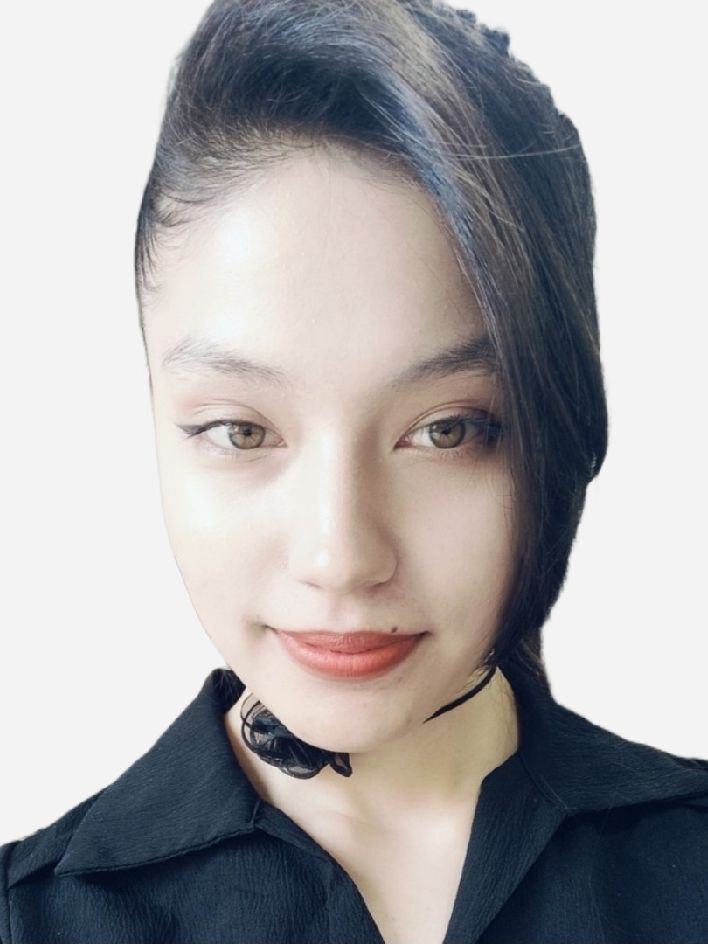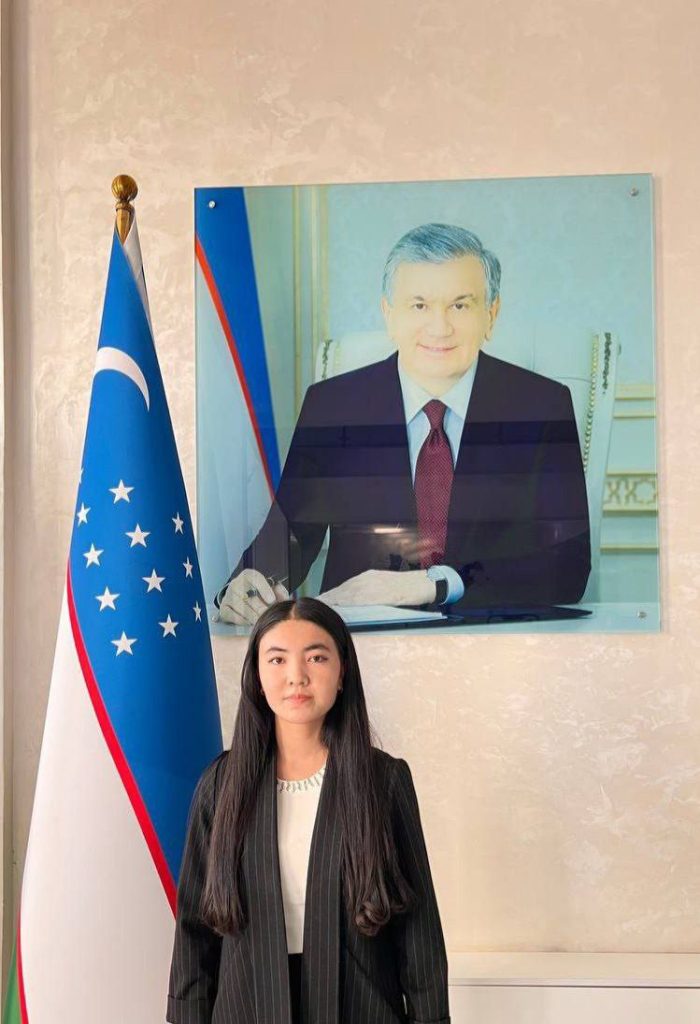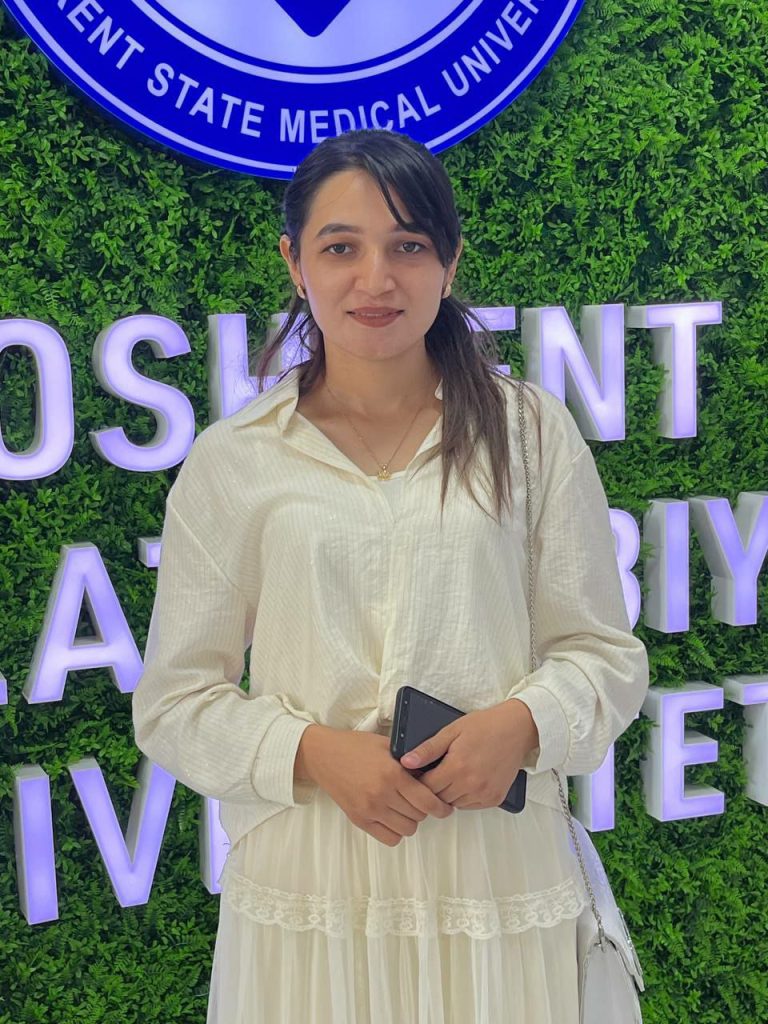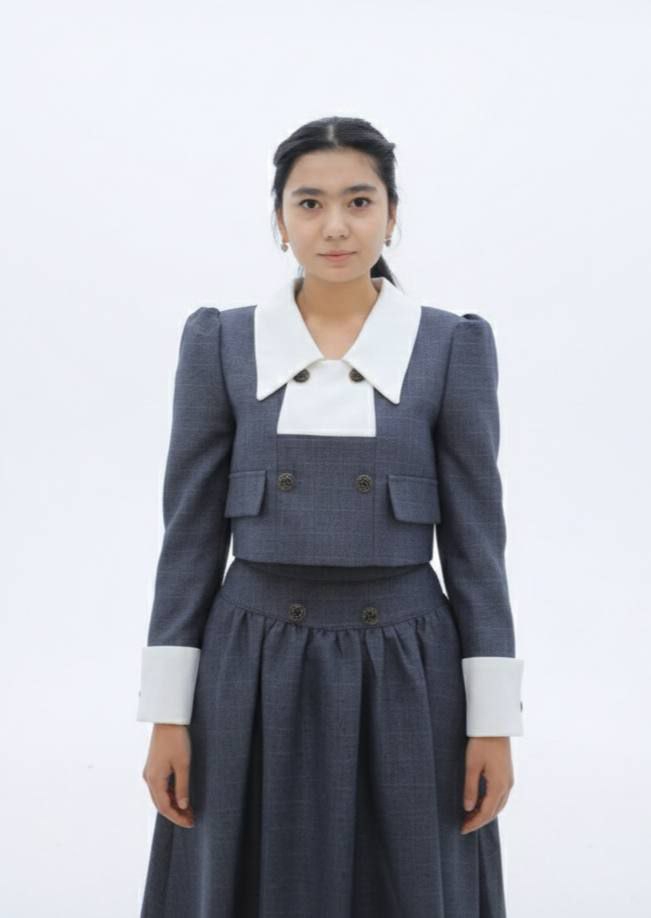
Dildoraxon Turgʻunboyeva
Student of the Faculty of Pedagogy and Psychology, School of Preschool Education, Kokand State University
The Effectiveness of Play-Based Learning
Faculty of Pedagogy and Psychology, Preschool Education Program, Kokand State University
Turgunboyeva Dildorakhon Bahromjon qizi
Abstract:
Play-based learning plays a highly significant role in preschool education. Play is a natural need and the primary form of activity for children, serving as an essential means of their comprehensive development. For preschool-aged children, play primarily provides a natural and comfortable environment for interacting with the surrounding world, communicating with peers, freely expressing their thoughts, and acting independently. Play activities effectively influence children’s social, intellectual, physical, moral, and emotional development. Through play, children’s observation, thinking, curiosity, and worldview are formed.
Keywords: play activity, preschool education, child development, didactic games, educational value, creative thinking, socialization, psychological development, learning process, personal development.
Play activity is considered one of the fundamental needs of preschool children. During play, children move actively, discover new images, perform interesting roles, and enhance their communication skills with peers and adults. At this stage, children comprehend the surrounding life, social roles, family and society, as well as daily situations through play and learn in their own way. Therefore, play activity not only develops children’s existing knowledge and skills but also forms an essential part of their perception of the environment, adaptation to changes, and socialization processes. Through play in preschool education, children’s thinking, speech, social behavior, emotional world, and personality develop extensively. During play, children can express their emotions and acquire advanced imaginative and creative skills. In the course of play, each child independently develops roles and rules, which enhances their ability to think independently, find original solutions, communicate effectively, and manage situations. Moreover, play helps children develop self-control, adhere to moral norms and values, and maintain polite interactions with others.
Play activity increases children’s physical activity and creates effective opportunities for developing their reasoning, concentration, and imagination. Play enriches children’s emotional world, encourages happiness, joy, and active living, which form a vital foundation for their healthy development. By organizing play activities, educators implement pedagogical objectives, teach children social norms and rules, and support their adaptation to society. Additionally, play plays an invaluable role in fostering children’s independent activity, cooperative communication, mutual assistance, respect, friendship, and solidarity. The significance of play as the primary activity of preschool children occupies a special place in achieving high results in health, intellectual, and moral education. Through play, children gain real-life experience, understand the essence of surrounding phenomena, and develop their imagination. Play expands children’s imaginative world and provides opportunities to independently solve complex life situations and think critically. Through play, children test their skills, acquire new knowledge, enrich their imagination, and demonstrate their creative potential.
Play activity also facilitates the transmission of religious, national, and modern values to children. In play, moral qualities such as honesty, integrity, friendship, kindness, and mutual respect, along with environmental awareness and polite behavior, are developed. Children internalize the rules presented in play, comprehend the true essence of social life, and grow up respecting family, national, and universal values. It is essential that play activities are organized in accordance with each child’s individual characteristics and developmental level.
When organizing and managing play, educators should consider children’s age, interests, and aspirations, selecting appropriate games and guiding them properly while accounting for their spiritual and physical well-being. Through play activities, children develop essential life skills such as independence, initiative, strong memory, decision-making, timely task completion, and proposing new ideas. Play plays a crucial role in the comprehensive development of preschool children, enriching their consciousness, accelerating socialization, and expanding creative potential. Educators and parents should actively participate in this process, acting as guides, motivators, and supporters of children’s play. As an integral and fundamental component of preschool education, play establishes a solid foundation for children to grow into independent, mature, and well-rounded individuals.
Through play activity, each preschool child gains the opportunity to demonstrate their individual abilities and potential. Their thinking, speech, emotional world, physical development, moral behavior, and social skills are formed and strengthened specifically through play. In preschool education, play supports the development of children’s personal attitudes toward life, people around them, loved ones, and society, helps them set clear goals, and strive to achieve them. Play fosters intellectual growth, independent thinking, creativity, and self-regulation.
Through play activities, children enrich their life experience and develop initial professional and creative skills. Play is the primary domain in children’s lives and represents the most enjoyable, easy, natural, and beneficial process for every child. Games provide children with joy, positive emotions, freedom of movement, and excitement of achievement. Therefore, in preschool educational institutions, play activity should be widely implemented as a fundamental teaching method, and special attention should be given to its moral, educational, psychological, and pedagogical significance.
Conclusion:
In conclusion, the role and significance of play activity in preschool education are exceptionally great. Play enriches children’s lives, making them meaningful and colorful, and serves as a key factor in ensuring their comprehensive development. Through play, children learn independent thinking, communication, moral values, organizational skills, friendship, and socialization. When educators and parents organize play activities purposefully, children’s social, spiritual, and psychological potential further develops, enabling them to grow into beneficial and well-rounded members of society. Play is the school of life!
References
Ashurova, S. (2022). The Importance of Play Activities in Preschool Educational Institutions. Scientific Approach, 4(10), 127–131.
Babayeva, D., Ochilova, X. (2022). Educational Games and Their Importance in Preschool Institutions. Proceedings of Scientific Conferences, 3(12), 44–52.
Hamroyeva, D. (2018). The Role of Play Activities in the Development of Preschool Children. Primary Education, 1(2), 98–104.
Juraeva, S. (2019). Issues of Socializing Preschool Children Through Play. Preschool Education and Upbringing, 3(5), 55–61.
Sharipova, Sh., Islomova, Z. (2022). Play Activity as the Main Form of Teaching Preschool Children. Journal of Pedagogy and Psychology, 2(7), 63–70.
Toshova, S. O. (2021). The Essence and Peculiarities of Play in Preschool Children’s Activities. Scientific Education and Psychology, 4(2), 15–21.
Khojayeva, K. (2020). Didactic Games and Their Importance in Preschool Child Development. Interpretation and Research, 3(1), 89–95.

